
By Buertey Francis BORYOR
President John Dramani Mahama has announced that the long-awaited 24-hour economy initiative will officially commence on July 1, with Tema and Takoradi Ports set to operate 24 hours a day as part of a sweeping national plan to transform the country’s horticultural export capacity and unlock full agro-industrial productivity.
The president made this declaration during the Ghana Horticulture Expo 2025 opening in Accra.
The event, themed ‘Innovate, Transform, Sustain: Driving Growth in Ghana’s Horticultural Sector’, brought together industry players, government officials, youth-led agribusinesses and global trade partners.
“On July 1st, the 24-hour initiative policy will be ready to go into operation and our ports – Tema and Takoradi – will be declared 24-hour ports to support agro-industrial logistics, processing and exports. This is not just about longer hours; it is about building the infrastructure, energy, security and digital platforms to enable continuous, high-value production,” he said.
According to the president, this strategy is designed to fast-track the movement of perishable exports such as pineapples, mangoes, chillies and herbs – moving them swiftly from the field to the ports to international sheds, thus reducing post-harvest losses while boosting foreign exchange earnings.

Calling on the nation to shift from traditional farming to a modernised, competitive and youth-driven agro-economy, Mahama stressed the urgent need to go beyond smallholder survival.
“We must move from smallholder survival to value addition, international competitiveness and youth-driven enterprise. Agriculture must no longer be seen as a fallback option. It is the backbone of our national renewal and a key to stabilising our currency through exports,” he elaborated.
Also, he painted a vivid picture of farmers across the country working with limited support, often unable to access cold storage or find fair markets. He described this reality as not just a technical challenge but also a “moral imperative” demanding bold, systemic reform.
Reiterating his government’s commitment to the Feed Ghana programme for 2025–2028, Mahama outlined a four-pillar strategy to make the nation’s agriculture investment-ready, inclusive and globally competitive:
- Vegetable Development Project to scale greenhouse farming and institutional cultivation.
- Smart Agriculture and Farmer Support Centres for mechanisation, irrigation, climate advisory and digital extension.
- Agri-Industrial Zones and Cold Chain Infrastructure to reduce post-harvest losses and ensure export quality.
- Agribusiness Youth Clinics to build youth capacity through skills training, mentorship and startup support.
“These interventions are not promises. They are policy realities already in motion,” he stated.
The president further noted that national non-traditional exports exceeded US$3.5billion in 2024, with horticulture leading the surge. The goal, he said, is to cross US$10billion by 2030, powered by expanded production, robust logistics and strong trade alliances.
“To stabilise our cedi, we must earn more forex – and one of the surest ways is through high-value agricultural exports. Our strategy is bold, deliberate and backed by action,” he said.
He urged financial institutions, especially Ghana Exim Bank, to support agribusiness startups with real capital and called on international partners to invest in the country’s agri-tech, skills development and infrastructure – not as donors, but as true development partners.
Speaking to broader regional ambitions under the African Continental Free Trade Area (AfCFTA), President Mahama imagined a future when African countries collaborate across the agricultural value chain.
“Imagine Liberia growing fresh ginger, Ghana processing it, Kenya packaging it – and we export that as one African brand to Dubai. This is the economic ecosystem we must build,” he explained.
Meanwhile, Davies Korboe, President-Federation of Agricultural and Green Enterprises (FAGE), in an address at the event noted that the country must turn its farming potential into real action to become a top global supplier of high-quality fruit and vegetables.
He highlighted its rich natural resources – fertile soil, good rainfall and many farmers – but pointed out a major problem: “Crop yields for key products like mangoes and coconuts remain too low and nearly one-third of produce is lost after harvest due to poor handling”.
He added that: “The global market, worth over US$320billion, is asking for top-quality, traceable tropical goods. Why should not Ghana supply it? Why not Ghana?”
He also called for a revolution in banking: “Banking must be about vision and growing businesses, not demanding impossible collateral or ancestors’ school records. We need to fund ideas, not just assets,” he said.
The post Mahama declares July 1 start for 24-Hour Economy appeared first on The Business & Financial Times.
Read Full Story
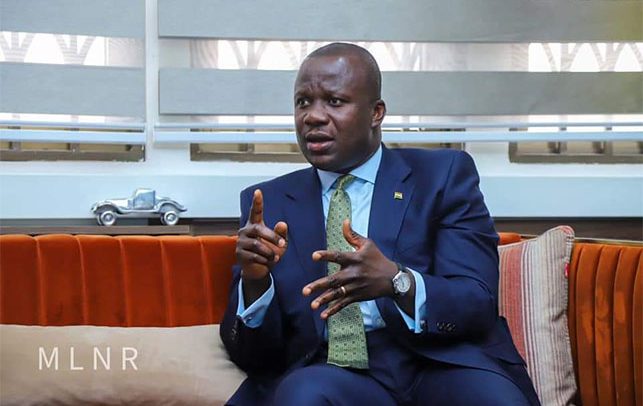
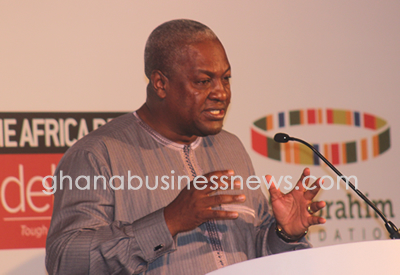
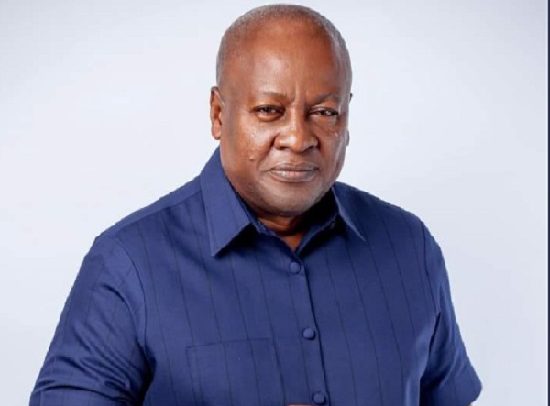



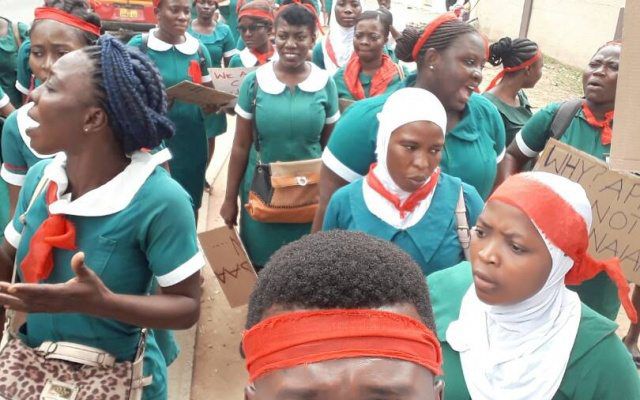





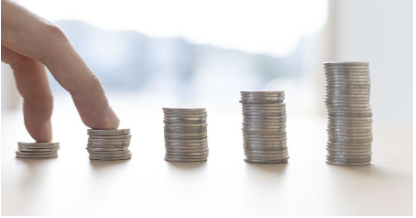





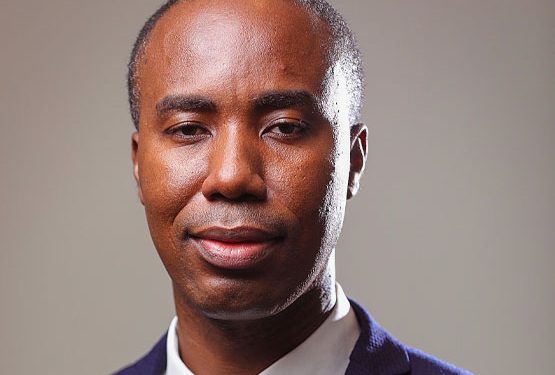
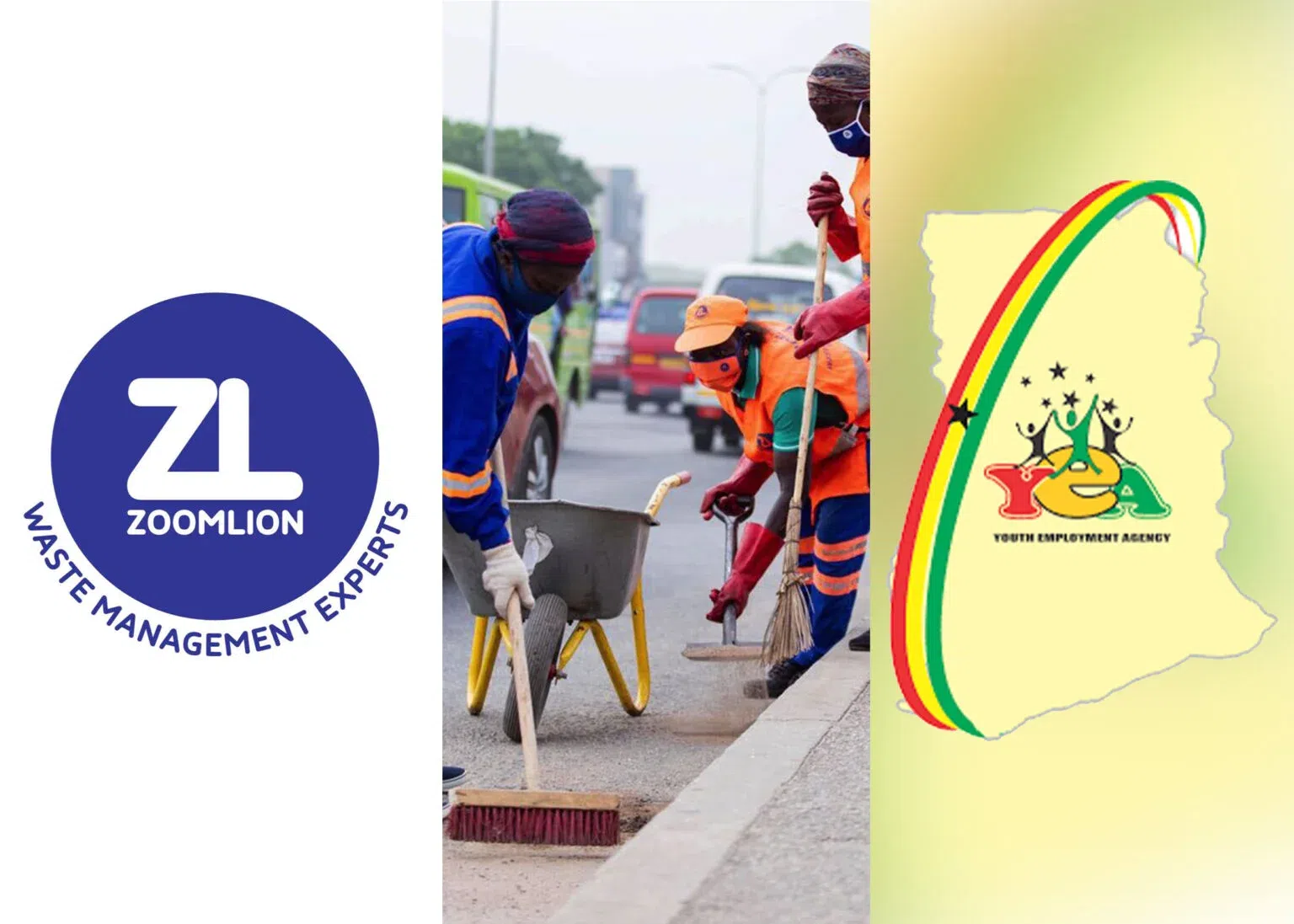

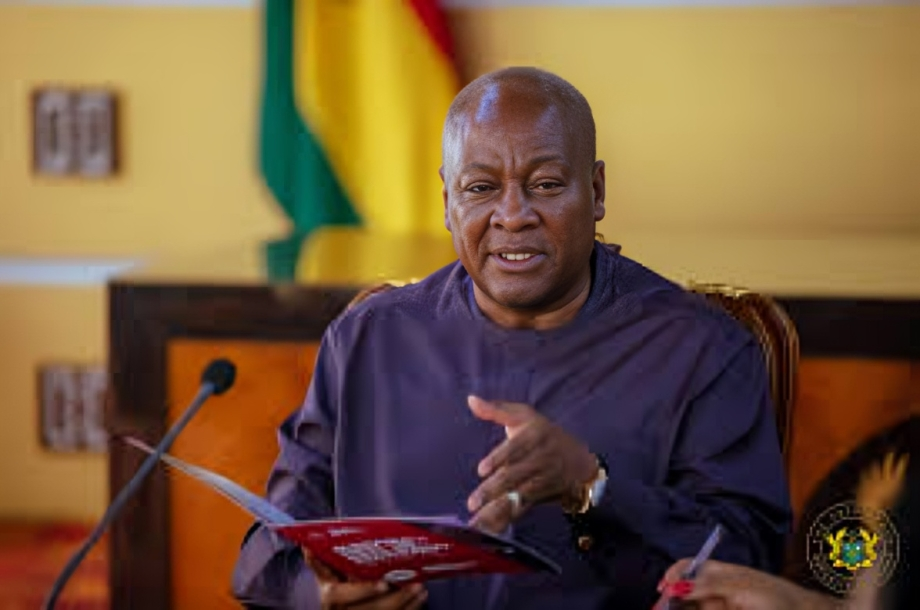


Facebook
Twitter
Pinterest
Instagram
Google+
YouTube
LinkedIn
RSS